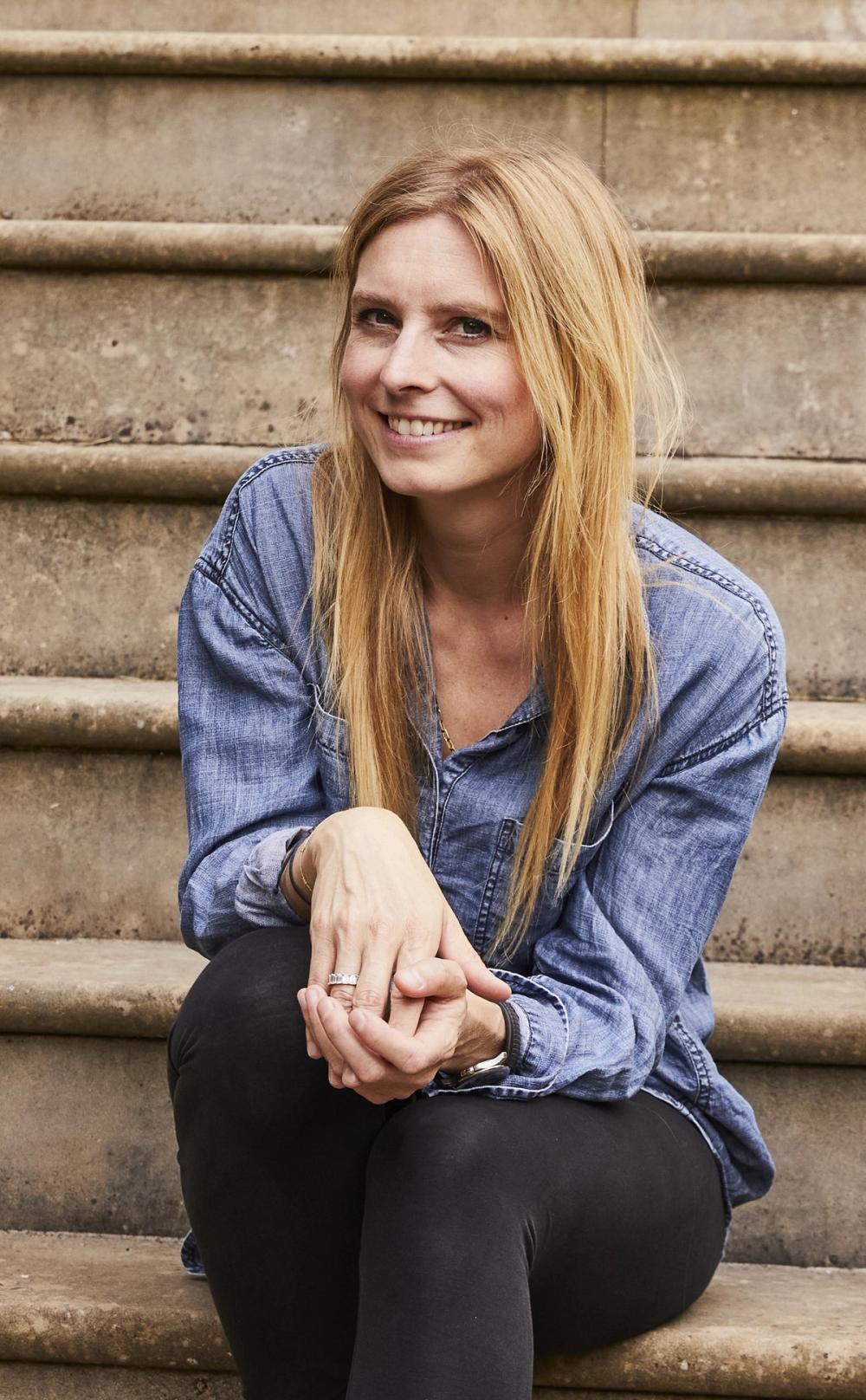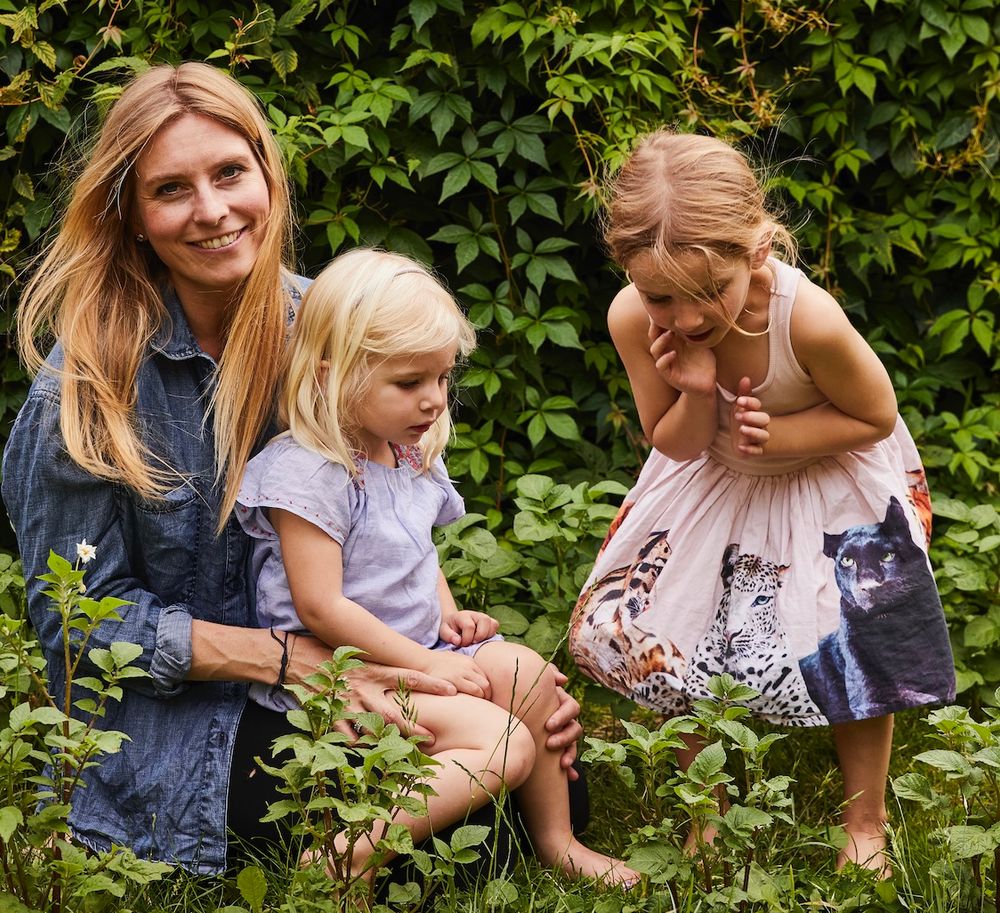How did you get into the drinks industry and why?
I’ve always loved the idea that “fine wine starts in the vineyard” as I grew up on a farm where the best meals started from our organic garden in Chester County, Pennsylvania.
Wine wended its way into my life over the next decade. It started at university: I followed my dad and aunt to Princeton where I studied French and Italian, and co-founded a farmers’ market. This love of culture and food then led me to Italy’s Piedmont once I graduated, to study artisanal cheese as a Fulbright Scholar for the year; wine was a welcome dimension to my studies.
The next autumn, I started at Harvard Business School, where I joined and later co-led the HBS Wine & Cuisine Society. We hosted tastings with the likes of Chateau Margaux and Opus One, and I began to take a serious interest in wine.
I enrolled in the WSET Level 3 and then Diploma courses over the next five years while working at two different tech startups. When a mutual friend connected me with Rowan Gormley, the then-CEO of the newly merged Majestic and Naked Wines business, about an opportunity to join the fine wine merchant Lay & Wheeler, I was thrilled.
How would you describe your style of management?

Katy Keating says her role as a business leader is to remove the obstacles that get in the way of her team doing their job as well as they can
One is leading by doing. The other is managing by unblocking. I see my role at Flint as that of a little ice breaker out in front of the big ship, easing our team’s way. It’d probably be an ice breaker with a good DJ and hot chocolate with marshmallows on board. Things that really get everyone going.
What is your approach to managing and motivating people?
There are three things I prioritise at Flint: autonomy, mastery and purpose. If you don’t have control over your life, are good (and getting better) at what you do, and understand the higher calling, work is not going to be fun. And who doesn’t like having fun?
How do you retain good talent?
To my mind, there’s the hard stuff, and the soft stuff. The hard stuff is about the organisation: are roles defined, are objectives clear? Is Flint profitable, and growing? Do we have the right team benefits, and are we ahead of the curve?
The soft stuff is just as important: how are people feeling? Do they share the vision? How was his two year old’s birthday party, her mother’s hip surgery? Also, praise. If you have great people and they do a great job, tell them.
Have you had business mentors in your career and what have you learnt most from them?
There are a lot of analogies between sports and business, and one I particularly believe in is the importance of a great coach. If the best athletes train with the best coaches, why don’t we, as managers? And so about seven years ago I started working with a business coach. He’s powered me through so many key events – navigating Majestic corporate ownership, working on the sale of Lay & Wheeler, two maternity leaves, board dynamics – and in a role that can sometimes feel lonely, I never feel that I’m alone.
What is it that gets you out of bed in the morning in running a business?
This morning, heading down to Flint’s office in Kennington, it was the chance to go taste some of Gavin Chanin’s [one of our California producers] Chardonnay. Yesterday, it was knowing I’d be helping to welcome our new finance director on his first day. Tomorrow, it’ll be lunch in the office with our customer service team – their hospitality is second to none.
Saturday, it’ll be reading the FT and cooking with our two daughters and opening some Chateau Marsau with my husband - he’s a Bordeaux fan, and we admire winemaker Anne-Laurence Chadronnier. Plus, she's turned their vineyard organic.
So, it’s the people! And the variety doesn’t hurt.

Having the right balance between business and family is a must for Katy Keating. Photo by Juan Trujillo Andrades.
What are you doing personally to improve your skills as a business leader to keep up?
I work on this every day. Sometimes, I ask for structured feedback, like our annual team-wide survey. Sometimes, I study: I have a goal of reading 24 books a year. Sometimes, I listen to a podcast. Sometimes, I garden, or run, or make another batch of chocolate chip cookies.
If you had not worked in wine industry what would have been your dream career: business to look after?
I would probably have a flower farm, to supply my own perfume house. My paternal grandmother, Kathryn S. Andersen, is one of the world’s experts on growing daffodils, and also has a PhD in chemistry, which required quite a nose back in the day – I hope I inherited a tiny bit of both.
Our daughters love growing things, I love smelling things, and my husband would love an excuse to drive an electric tractor. My little sister Ellie and my best friend Francesca are as obsessed with perfume as I am. Maybe we could all work together.
Most recent business book and why?
I loved “Give and Take” by Adam Grant. It’s about generosity but it’s also a business book. As our daughters learned at nursery, “love is something that if you give it away, you’ll end up having more.” And that’s what this book is about.
Anything else to say?
Gosh, how lucky we are that a bottle of wine has a few glasses to share – it really does make the world go round!
* You can find out more about what Flint Wines does at its website here.






























